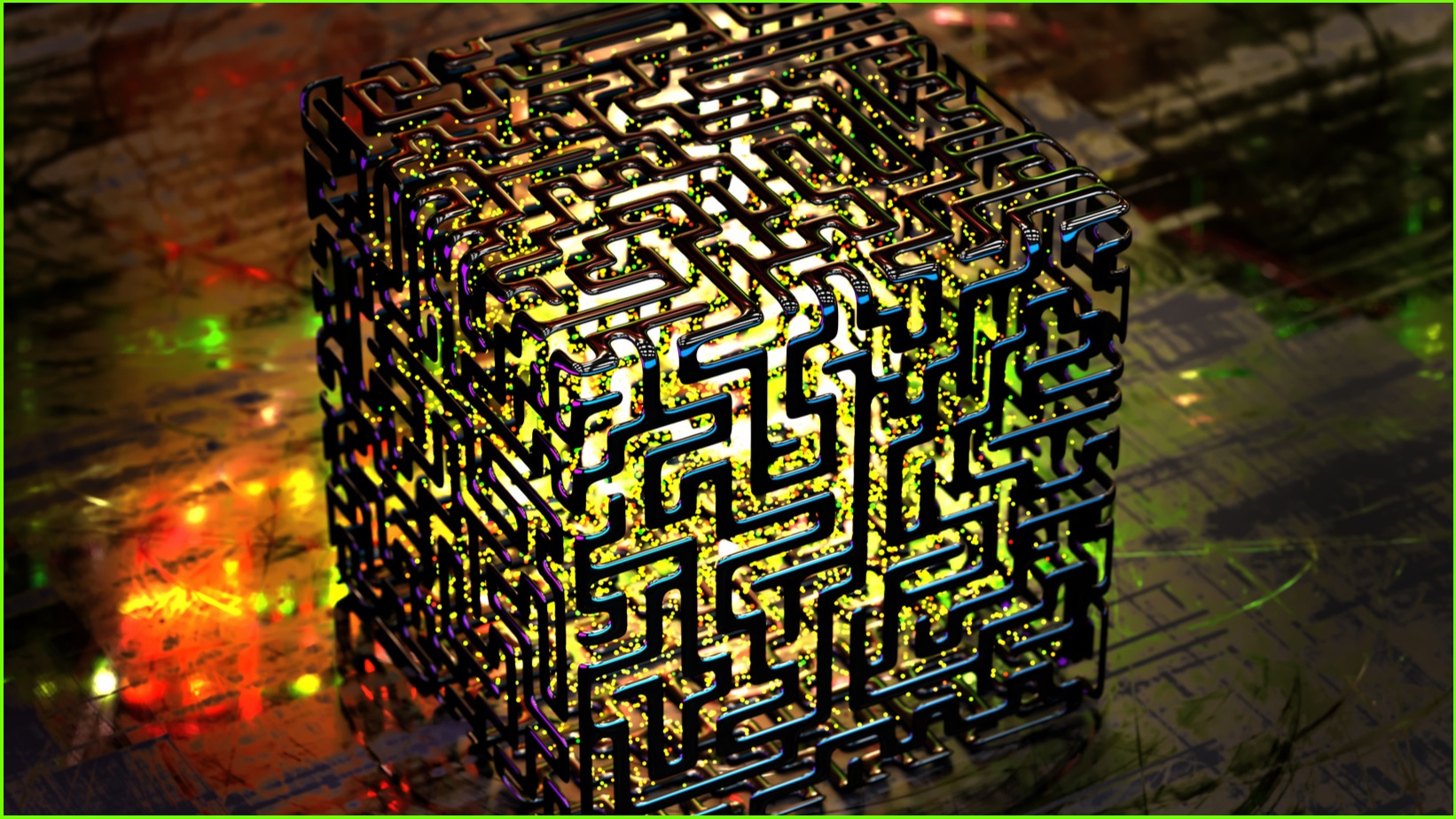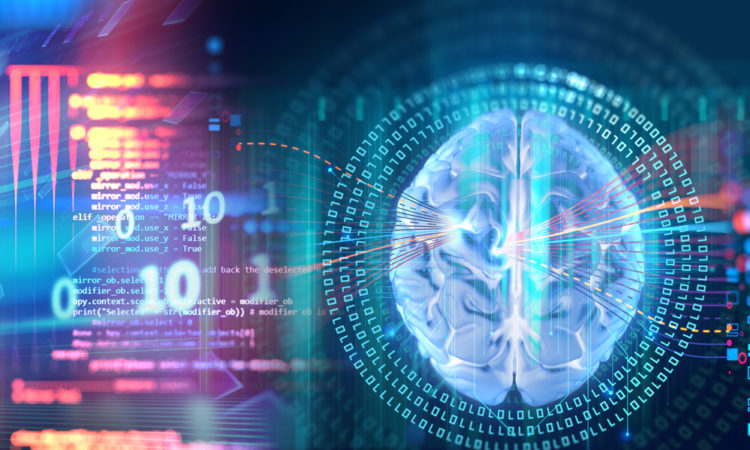
Quantum Computing, still an emerging technology, is one of the most fascinating things researchers, organizations, and governments have been working on in this century so far. The race toward building the first fully-functional, fully-working quantum computer (also called supercomputer) is on.
With its impressive computational power quantum computers will most like be a cloud service in the near future rather than on-premise machines. IBM is already offering cloud-based quantum computing services.
The first quantum computer is going to have a significant advantage over the others. In 2019, the competence to achieve supercomputer supremacy will intensify. As a consequence, the last mile in the race will remain mostly secretive, for obvious reasons.
A new kind of computing

We experience the benefits of classical computing every day. However, there are challenges that today’s systems will never be able to solve. For problems above a certain size and complexity, we don’t have enough computational power on Earth to tackle them.
To stand a chance at solving some of these problems, we need a new kind of computing. Universal quantum computers leverage the quantum mechanical phenomena of superposition and entanglement to create states that scale exponentially with number of qubits, or quantum bits.
Quantum computing fundamentals
All computing systems rely on a fundamental ability to store and manipulate information. Current computers manipulate individual bits, which store information as binary 0 and 1 states. Quantum computers leverage quantum mechanical phenomena to manipulate information. To do this, they rely on quantum bits, or qubits.Inside a quantum computer

Take a look at how a quantum computer’s dilution refrigerator, made from more than 2,000 components, creates such a cold environment for the qubits inside.
How Do Quantum Computers Work?
Quantum computers perform calculations based on the probability of an object's state before it is measured - instead of just 1s or 0s - which means they have the potential to process exponentially more data compared to classical computers.
The complex mathematics behind these unsettled states of entangled 'spinning coins' can be plugged into special algorithms to make short work of problems that would take a classical computer a long time to work out... if they could ever calculate them at all.
Such algorithms would be useful in solving complex mathematical problems, producing hard-to-break security codes, or predicting multiple particle interactions in chemical reactions.


Comments
Post a Comment